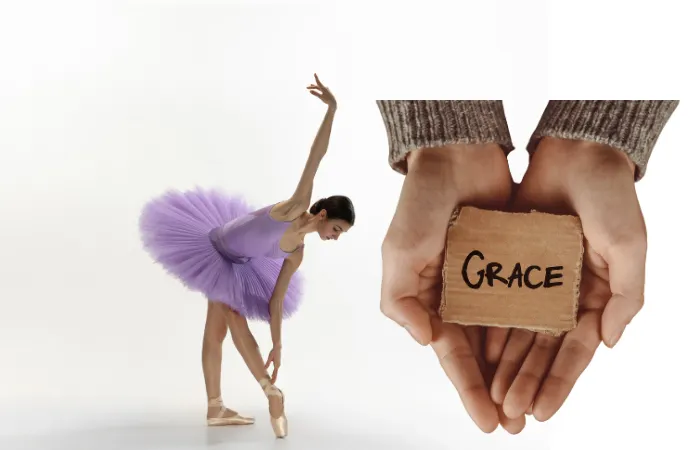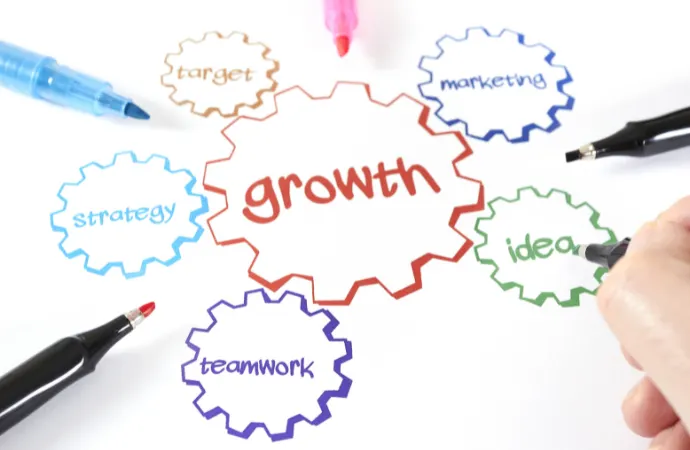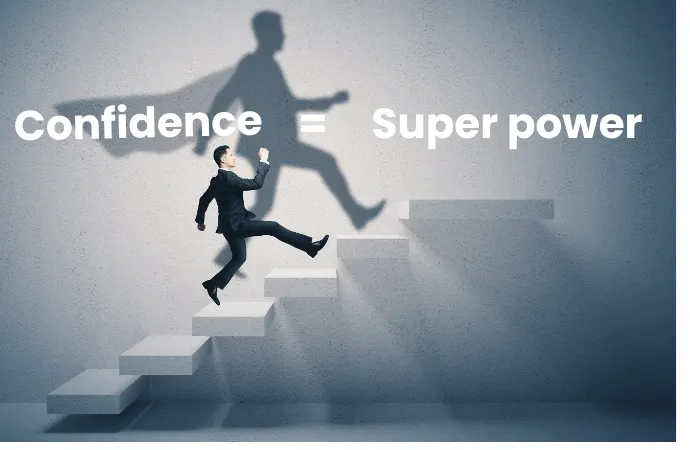7 Secrets to Happy & Successful Personal Relationships
...especially when anxiety threatens to tear them apart.

“You don’t get into a relationship to feel whole. You feel whole, and then you call in a relationship that mirrors that wholeness.”
— Anonymous
Have you ever laid in bed, next to someone you love… and yet felt completely alone?
Anxiety can feel like a third person in the room—uninvited, whispering doubts, amplifying fears, making your heart race in the quiet of night. It turns whispers into arguments and closeness into distance.

And yet, there’s hope. Because healing relationships begins by healing ourselves.
Let me take you on a journey—a gentle unfolding of truths I’ve learned as an ICF PCC Coach, NLP Trainer, and Clinical Hypnotherapist who’s worked with hundreds of anxious hearts. In this journey, you’ll learn how to soften the grip of fear and move toward love—not just with others, but with yourself first.
1. Find Yourself Before You Find Another

Before you chase connection, come home to yourself.
When anxiety sits heavy in your chest, your nervous system is not looking for love—it’s looking for safety. Until you feel safe within, no external love will feel real. So we begin within.
Each morning, place your hand on your heart and softly whisper,
“I am safe now. I am loved now. I am becoming more lovable every day.”
This is more than affirmation. It’s neuro-linguistic anchoring—rewiring your subconscious to return to love.
🌀 Pro tip: Combine this with a few minutes of deep belly breathing and gentle eye closure. Feel your inner self soften.
🎥 Join our VIP GROUP FREE - Here
2. Check Your Relationship Beliefs

Unhealed beliefs are like silent saboteurs in your relationships.
Ask yourself:
- “Do I believe relationships always end in betrayal?”
- “Do I think I have to earn love?”
- “Do I feel suffocated in intimacy?”
These thoughts are not facts—they’re learned patterns, often imprinted during childhood or traumatic past relationships. In NLP, we say: Change the structure of your thought, and the feeling changes too.
📊 According to a study by the Gottman Institute, 69% of relationship conflicts are perpetual, driven by personality differences and deep-rooted beliefs—not solvable problems.
Beliefs shape behavior.
Change the belief, change the outcome.
3. Control Your Words & Eyes - Especially in Conflict

When we’re anxious, we speak from survival.
You might lash out with words you later regret, or maintain angry eye contact, unknowingly anchoring your partner as the source of your pain. That’s the mind creating a false association: "When I look at you, I feel pain.”
Next time you’re upset, pause.
Close your eyes. Breathe. Let your nervous system settle before responding.
Speak from the adult you—not the wounded child within. Use words that connect, not correct. When language changes, love flows.
4. Stop Trying to Fix People

Here’s a truth most people resist:
Your partner is not your project.
They are a sovereign soul, evolving on their own timeline.
Trying to "fix" them—even with the best intention—implies they’re broken. And no one falls deeper in love with someone who makes them feel inadequate.
As a coach, I’ve seen this dynamic break even the most promising relationships. Instead, turn inward.
🧭 Ask: What part of me feels unsafe when they are not who I expect them to be?
That’s the real work. And healing that… heals the relationship.
5. Stop Over-Compromising Yourself

So many anxious clients I work with overextend themselves in relationships.
They say yes when they mean no. They give up their dreams, dim their light, fearing they'll be “too much” or “left behind.”
But here's the paradox: When you abandon yourself to keep someone, you eventually lose both.
Healthy compromise is a dance—not a sacrifice. Speak your truth. Honor theirs. And find the rhythm together.
6. You Are a Team — Not Rivals

Never insult your partner in public. Ever.
Anxiety often drives us to seek validation through others: “Am I right to feel this way?” So we vent. We overshare. We ridicule them in front of friends.
But when you shame your partner, you invite others to disrespect your relationship.
Instead, protect your union like sacred ground. Process your pain privately, or with a therapist or coach—not in public view.
💡 NLP reframe: “We’re not fighting each other. We’re fighting the problem—together.”
7. Accept with Grace

Imagine this: Your partner gives you a surprise gift. And instead of receiving it with joy, you say,
“You shouldn’t have spent so much.”
Ouch. That’s rejection in disguise.
People who love you want to feel that their love is received. Say thank you. Smile.
Let it land. Anxiety often keeps us in a state of hypervigilance—always bracing for the worst, even when something good arrives.
But love can’t bloom in tight fists. It needs open hands and softer hearts.
In the End: Love Heals, When You Heal First

Remember: Anxiety doesn’t destroy relationships. Unhealed anxiety does.
The moment you begin to heal, everything around you shifts.
Let your relationships be a reflection of your inner calm—not your inner chaos.
🌀 If you’re tired of repeating the same painful patterns…
🌀 If you long for deeper intimacy but sabotage it the moment it gets close…
🌀 If you want to learn the subconscious keys to healing anxiety at the root…
🎁 Follow on Instagram to know anxiety better
Because when you heal your anxiety, love becomes natural again.








